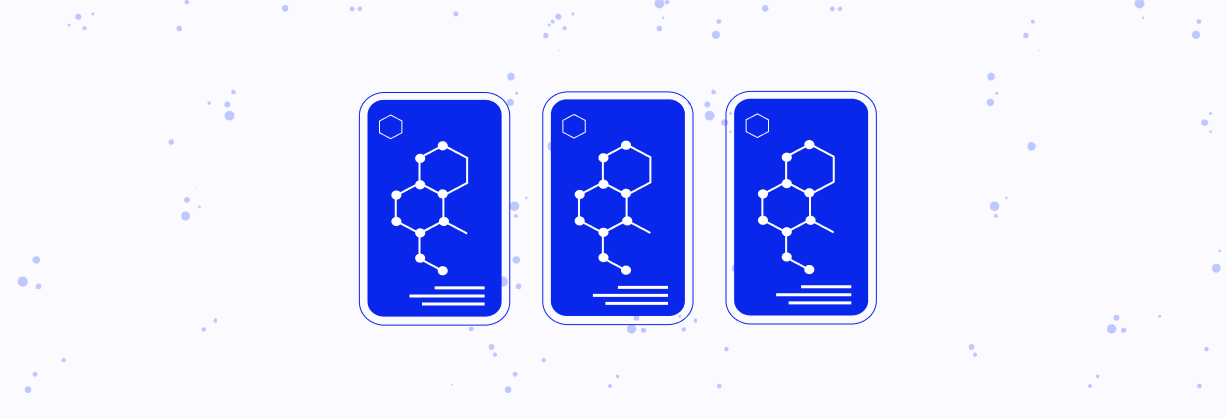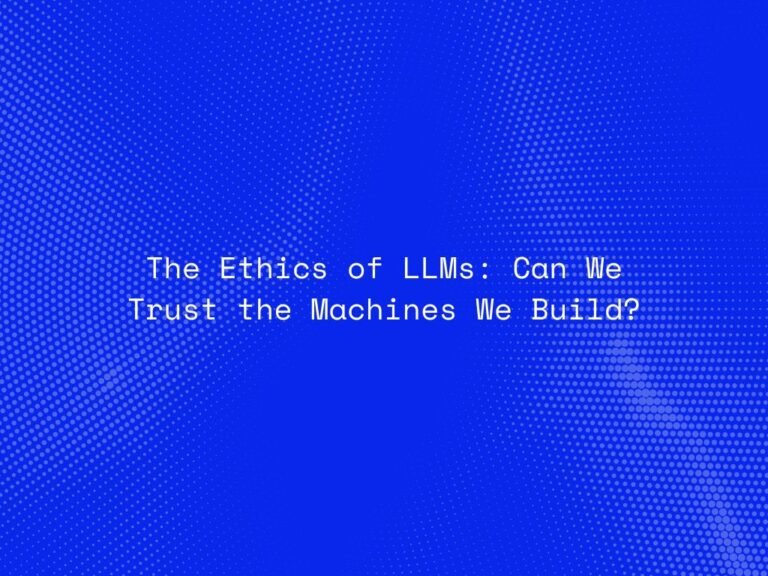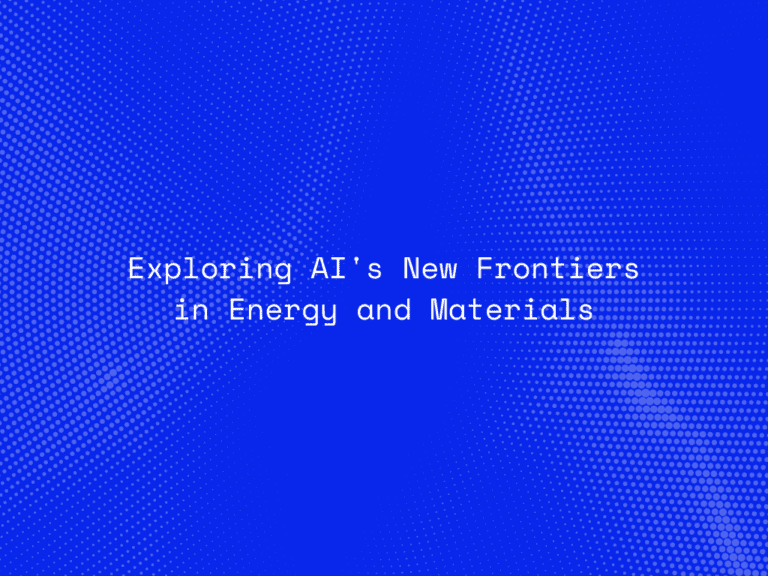In an era where innovation is the linchpin of progress, the pharmaceutical industry stands on the cusp of a revolution, spearheaded by the advent of generative artificial intelligence (AI). This transformative technology, once ensconced within the realms of speculative fiction, is now steering the sector from the labyrinths of hype into the tangible avenues of reality.
The Dawn of AI in Pharma
The narrative of AI in pharmaceuticals is not just a tale of technological marvel but a saga of hope, aspiration, and the relentless pursuit of enhancing human health. Generative AI, a subset of artificial intelligence, is at the forefront of this narrative, promising a future where drug discovery is not just faster and more cost-effective but also infinitely more innovative.
Understanding Generative AI
Generative AI refers to algorithms that can learn from data and then use this learning to generate new, previously unseen data that resembles the original data set. In the context of pharmaceuticals, this means creating virtual models of molecules or simulating how different compounds might interact with biological targets.
The Current Landscape of AI in Pharma
Today, the pharmaceutical industry is already leveraging AI, but generative AI brings a new dimension to these efforts. It’s not just about analyzing existing data but about creating what doesn’t yet exist, opening doors to unprecedented opportunities in drug development.
The Promise of Generative AI in Drug Discovery
Generative AI holds the promise of redefining the paradigms of drug discovery, making the once herculean tasks seem attainable within shorter timeframes and with greater precision.
Accelerating the Drug Discovery Process
By simulating the interactions between molecules and biological systems, generative AI can significantly reduce the time it takes to identify potential drug candidates, compressing years of research into mere months or even weeks.
Enhancing Precision and Efficiency
Generative AI’s ability to generate and evaluate millions of molecular structures can lead to the discovery of drug candidates with higher efficacy and fewer side effects, thus enhancing the precision and efficiency of the drug discovery process.
Challenges and Considerations
While the potential of generative AI is immense, navigating its application in the pharmaceutical industry comes with its set of challenges and considerations.

Data Quality and Availability
The efficacy of generative AI models is heavily dependent on the quality and availability of data. Ensuring access to high-quality, comprehensive datasets is crucial for the success of AI-driven initiatives in drug discovery.
Ethical and Regulatory Hurdles
The integration of AI in drug development raises ethical questions and regulatory challenges. Balancing innovation with ethical considerations and compliance with regulatory standards is paramount.
Integration with Existing Systems
For generative AI to truly transform the pharmaceutical industry, it must be seamlessly integrated with existing research and development ecosystems, which requires significant investment and strategic planning.
Conclusion
Embracing AI’s Potential Responsibly
As the pharmaceutical industry navigates the transition from hype to reality in its adoption of generative AI, the focus must remain on harnessing this technology responsibly. Embracing generative AI offers a beacon of hope for the future of drug discovery, promising a world where diseases are not just treated but prevented and cured with unprecedented efficiency and precision.




